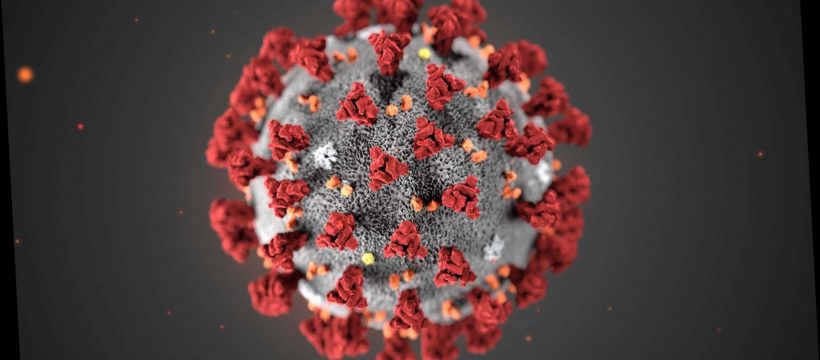RECOVERED coronavirus patients who later test positive are not getting reinfected, the World Health Organisation has said.
They are actually still expelling dead lung cells rather than contracting a new infection, officials told AFP.
⚠️ Read our coronavirus live blog for the latest news & updates
It comes after South Korean officials reported more than 100 people had tested positive for coronavirus having already recovered from the bug.
Fears of a second wave in Covid-19 cases could complicate plans to lift lockdown restrictions and produce a vaccine.
The WHO said last month that it would investigate the reports while the country's own officials launched epidemiological investigations into the cases.
"We are aware that some patients test positive after they clinically recover," a WHO spokesperson told AFP, without making specific reference to the South Korean cases.
"From what we currently know—and this is based on very recent data—it seems they these patients are expelling leftover materials from their lungs, as part of the recovery phase."
Immunity
People infected with the new coronavirus build up antibodies starting a week or so after infection or the onset of symptoms, research has shown.
But experts say it is still not clear whether the body systematically builds up enough immunity to ward off a new attack by the virus or, if it does, how long such immunity lasts.
As for the recovered patients who tested negative and then positive weeks later, more research is needed, according to the WHO.
The spokesperson said: "We need a systematic collection of samples from recovered patients to better understand how long they shed live virus.
"We also need to understand if this means they can pass the virus to other people – having live virus does not necessarily mean it can be passed to another person."
Dead lung cells
Maria Van Kerhove, an infectious disease epidemiologist who is part of the WHO's health emergencies programme, explained what's meant by "dead lung cells".
She told the BBC: "As the lungs heal, there are parts of the lung that are dead cells that are coming up.
"These are fragments of the lungs that are actually testing positive.
"It is not infectious virus, it's not reactivation. It is actually part of the healing process."
"Does that mean they have immunity? Does that mean they have a strong protection against reinfection? We don't know the answer to that yet."
For some viruses, such as the measles, those who contract it are immune for life.
But for other coronaviruses, such as SARS, immunity lasted from a few months to a couple of years.
CORONAVIRUS CRISIS – STAY IN THE KNOW
Don't miss the latest news and figures – and essential advice for you and your family.
To receive The Sun's Coronavirus newsletter in your inbox every tea time, sign up here.
To follow us on Facebook, simply 'Like' our Coronavirus page.
Get Britain's best-selling newspaper delivered to your smartphone or tablet each day – find out more.
Source: Read Full Article






